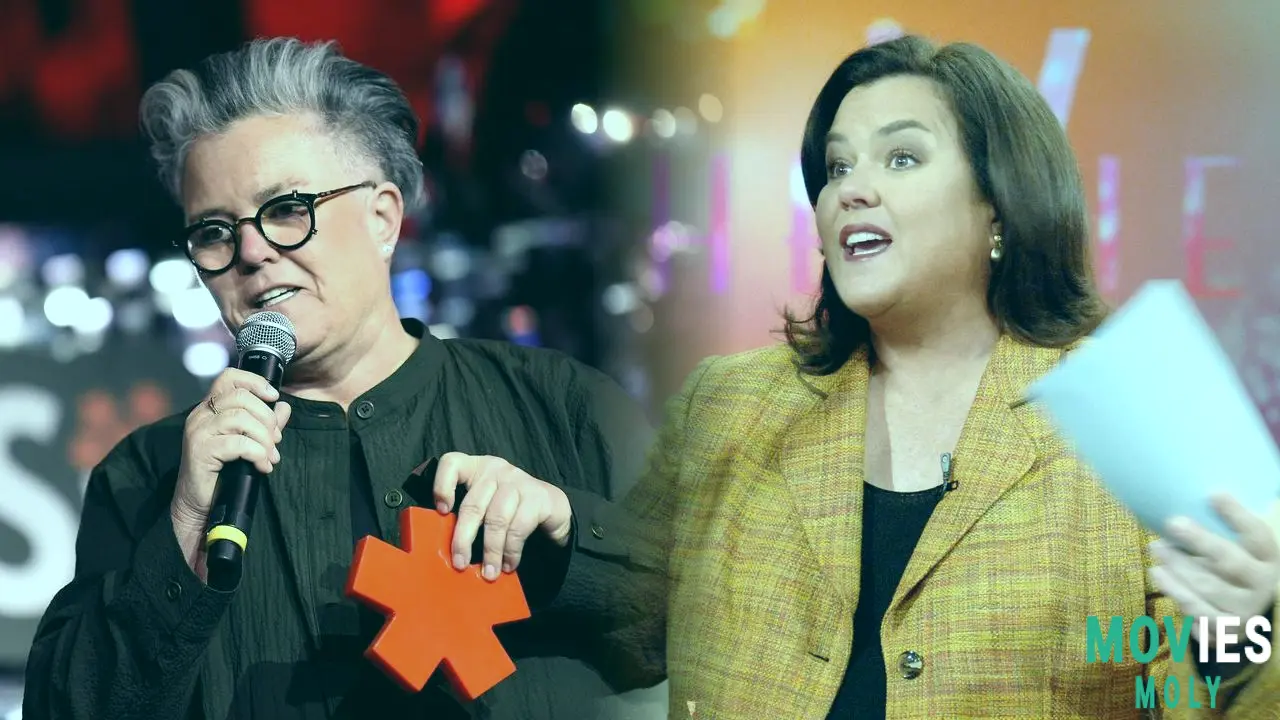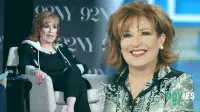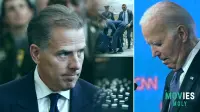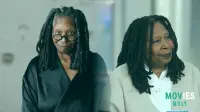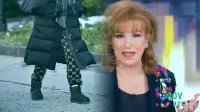Daytime television is rarely a battleground for political conflict, but ABC's The View is squarely in the crosshairs. The show, which has a long history and is known for its vibrant, often angry conversations, is under heavy scrutiny from the White House. This pressure has raised concerns among previous hosts and media analysts alike. The issue now arises: is The View actually in danger of being silenced?
Rosie O'Donnell's Dire Prediction: Cancellation FearsFormer The View co-host Rosie O'donnell recently expressed serious concerns about the show's future. O'Donnell, a strong critic of Donald Trump, says ABC is succumbing to foreign pressure. Her comments came as rumors surfaced that ABC was "reviewing the liberal bias" on the show.
O'Donnell said, "Do you know what I just read today? ABC is'reviewing the liberal slant' of The View. THE VIEW. The show with five women expressing their own viewpoints is the threat currently." She sees this "review" as a carefully veiled preparation to cancellation. For O'Donnell, the situation extends beyond mere editing modifications. "This is not about bias; it is about compliance. This is about deleting any program that does not support Trumpism - soft fascism in full lashes with commercial interruptions." She issued a harsh warning: "Apparently, the truth is dangerous now."
Key figures and their stances: O'Donnell, Behar, and Trump
Tensions between The View and the Trump administration are not new. It has been simmering for years, frequently fanned by direct encounters between Trump and personalities such as Joy Behar. Taylor Rogers, the White House spokesperson, has been particularly caustic in his response to The View's remarks. Rogers stated: "Rosie O'Donnell and 'Joyless' Behar are irrelevant losers with too much time on their hands, whining about a failing talk show while everyday Americans are working hard." Rogers also directly criticized Behar, saying, "Joy Behar is an irrelevant loser suffering from a severe case of Trump Derangement Syndrome." It's no surprise that 'The View's ratings dropped to an all-time low last year."
These statements suggest a direct ideological confrontation. The View has traditionally provided a forum for varied perspectives, albeit its current panel frequently leans left. This has made it a popular target for conservative critics.
The White House vs. The View: An Ideological Clash
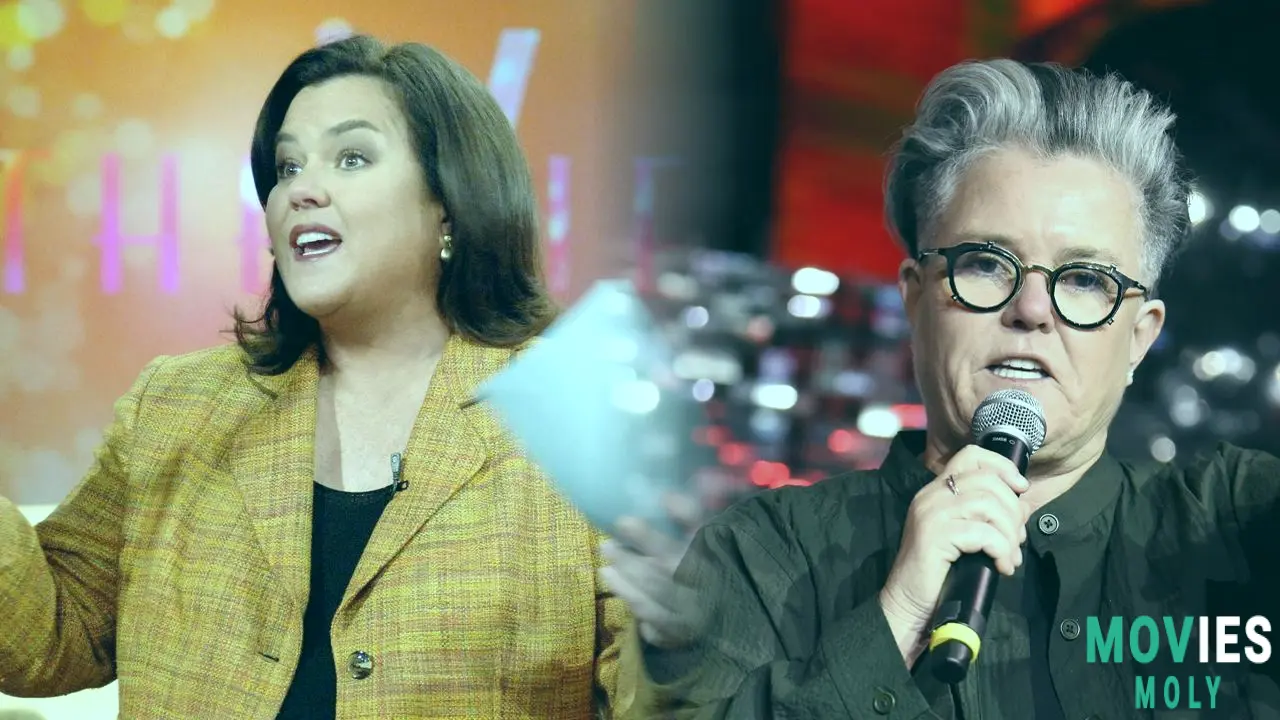
The ongoing conflict between the White House and The View exemplifies a larger struggle over media narratives. The administration routinely refers to unfavorable opinion as "bias." It implies that any program that does not match with its beliefs is fundamentally unjust. This technique aims to delegitimize news and discussion shows that present alternative viewpoints.
The Colbert Precedent: Are Other Shows at Risk?
The recent cancellation of CBS' Late Show with Stephen Colbert has fueled O'Donnell's anxieties. While CBS cited financial reasons for Colbert's cancellation, many believe political pressure played a role. This follows Trump's lawsuit against CBS and Paramount Global over an edited interview. The timing has led some to conclude that networks are making measures to placate the president. If a prominent late-night program can be pulled, The View's fears become more real.
Understanding 'Liberal Bias' Claims: Fact or Fiction
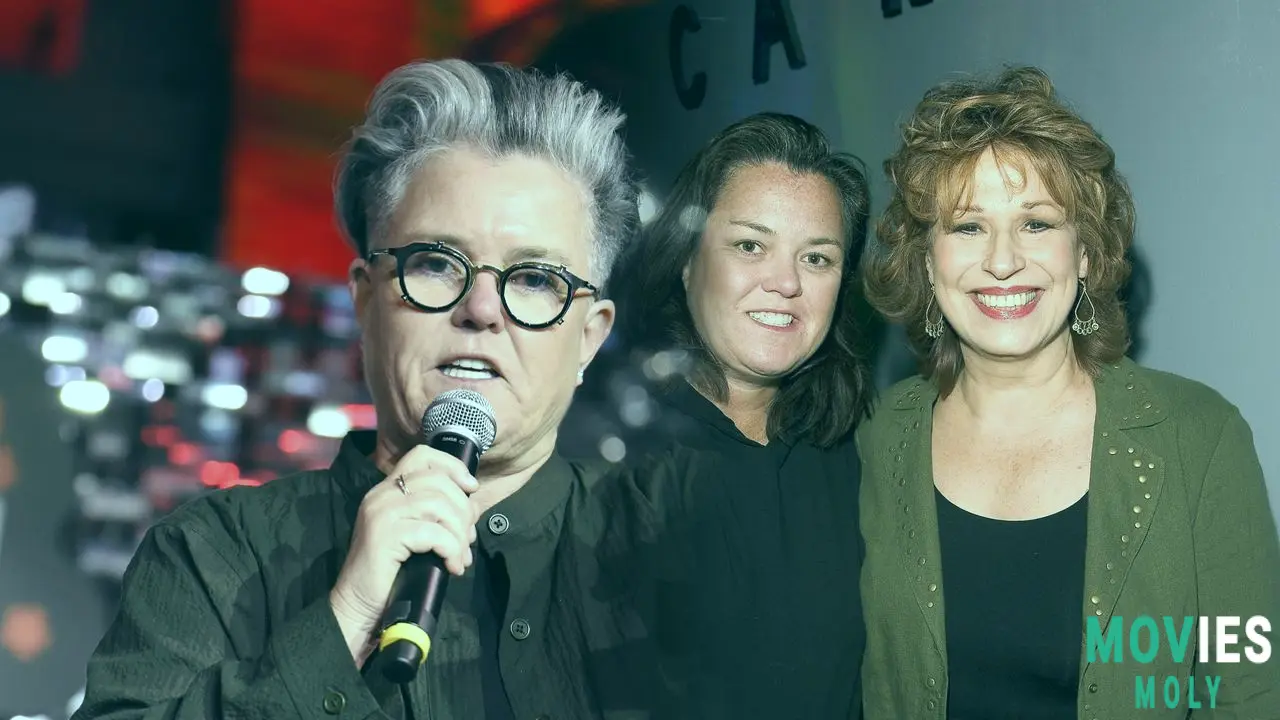
Claims of "liberal bias" against The View are commonplace. The show comprises a panel of women with varying political opinions, though the majority are commonly regarded as liberal. This dynamic frequently produces heated conversations and strong viewpoints. However, the show's style is based on discussion and dispute rather than rigid journalistic impartiality. Barbara Walters founded The View to provide "different generations, backgrounds, and views." The current panel includes conservative co-host Alyssa Farah Griffin, who brings some ideological balance.
Analyzing Viewership Trends: What Does the Data Say?
Despite the White House's claims of "all-time low" ratings, The View has retained a sizable audience. For the fifth season in a row, the show topped all network daytime talk shows and news programs in terms of households and total viewers. This shows that, despite criticism, it continues to attract a large following. Its constant performance challenges the notion of a "failing talk show." The show's ability to keep an audience despite criticism demonstrates its enduring popularity.
Broader Implications: Media Freedom in a Polarized Landscape.
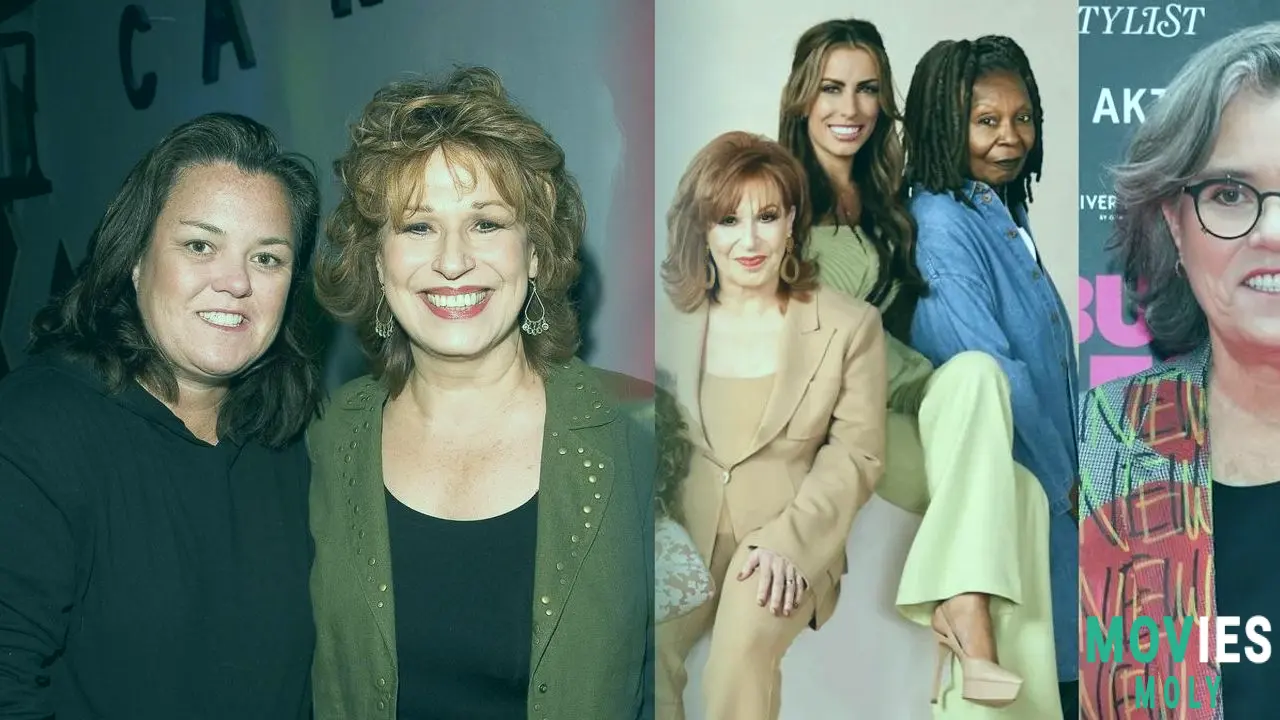
The problem at The View goes beyond a single chat show. It raises serious concerns regarding press freedom and the role of political commentary on television. When a White House representative publicly warns a show about being "pulled off air," it might be interpreted as intimidation. This type of pressure may lead to self-censorship, in which media outlets soften their criticism to prevent repercussions.
Expert Perspectives on Media Scrutiny
Those who study the media and freedom of speech frequently express worry about such political interference. They argue that blatant threats from government figures can impair the press's independence. The First Amendment guarantees free expression, but the persistent fear of governmental action or financial pressure can have a chilling effect. This dynamic requires media businesses to balance journalistic independence with potential commercial ramifications. When shows are believed to be subjected to political pressure, the public's trust in the media is shaken.
Beyond Ratings: The View's Lasting Cultural Impact
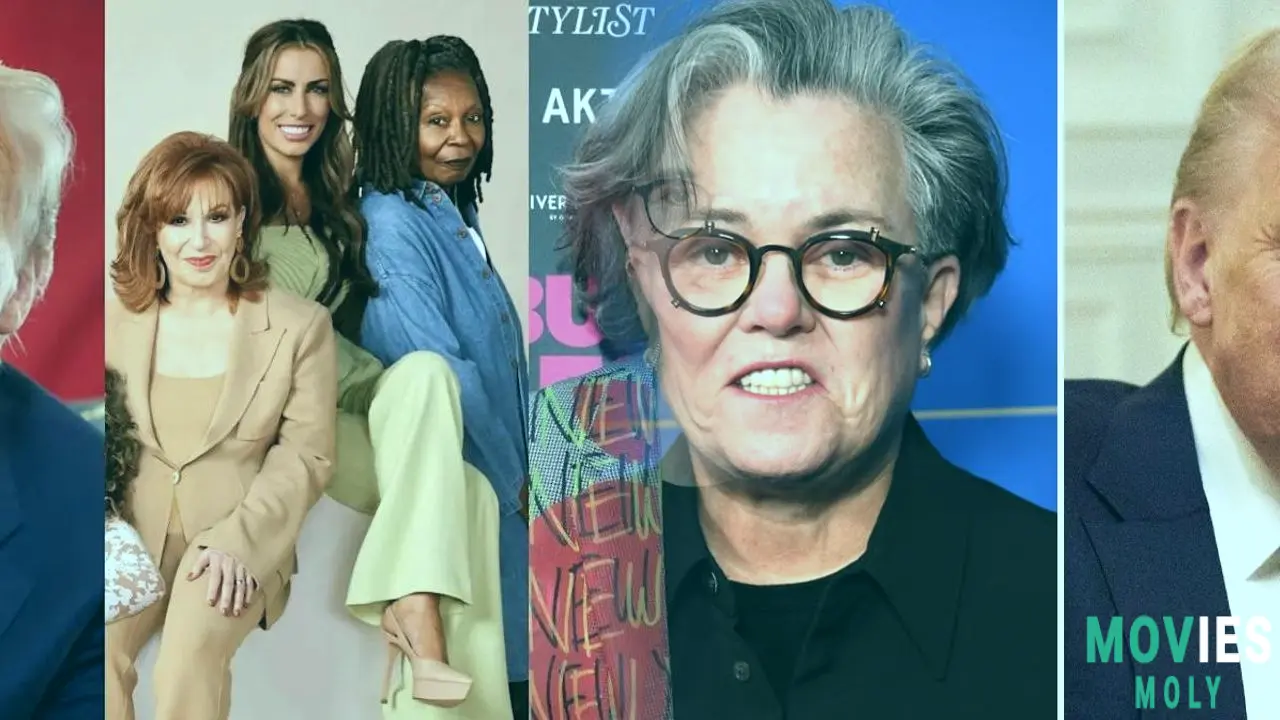
For decades, The View was more than just a discussion program. It has provided a forum for women to discuss current events, social issues, and politics. It has stirred national debates and given a voice to opinions that are frequently ignored in other media. Its durability and constant popularity highlight its cultural significance. Whether it's Whoopi Goldberg moderating or Sunny Hostin providing legal insights, the hosts contribute to a distinct blend of entertainment and political discourse. The show's history includes numerous instances of heated debate and controversy, mirroring the larger political atmosphere.
Rosie O'Donnell's warning about The View's future underscores an important time in media independence. The White House's aggressive attitude against shows such as The View and The Late Show with Stephen Colbert indicates a determination to dominate public debate. However, The View's stable ratings and lengthy history of navigating controversy demonstrate its resiliency. The fight for its future is more than just a television show; it is about the continuous struggle for free expression in a sharply divided political landscape.

